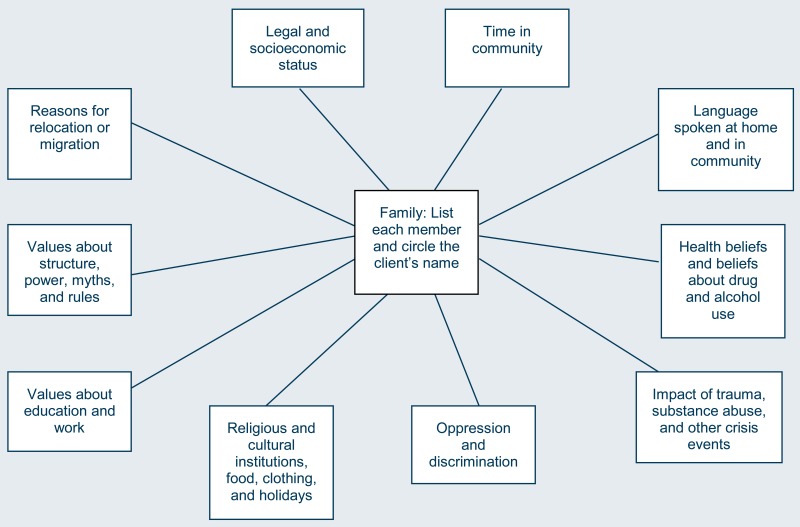Understanding cultural differences in psychiatry is vital. Culture shapes how people see mental health. It influences how they describe symptoms and seek help. For example, in some cultures, expressing feelings is common. In others, discussing emotions is rare. Take the term “depression florida.” It might mean something different in various contexts. Being aware of these nuances improves care for everyone.
The Role of Culture in Mental Health
Culture affects how individuals view mental health challenges. Some may see it as a personal weakness, while others recognize it as a medical condition. This perception impacts how willing someone is to seek help. Health professionals must be culturally competent. They should tailor treatment plans that respect each individual’s background.
Communication Styles
Communication is crucial in psychiatry. The way patients express their feelings varies. Some might openly discuss their emotions. Others might use metaphors or physical symptoms to describe their mental state. Psychiatrists should listen carefully and ask the right questions. This ensures they understand the patient’s experience.
Comparing Cultural Perspectives
Different cultures have unique approaches to mental health care. Below is a comparison of cultural attitudes towards psychiatry:
| Culture | Expression of Emotions | Perception of Mental Health |
|---|---|---|
| Western | Open and verbal | Medical condition |
| Eastern | Reserved and non-verbal | Stigma attached |
| Indigenous | Symbolic and ritualistic | Spiritual imbalance |
These differences show the importance of adapting psychiatric care to fit cultural backgrounds.
Strategies for Effective Care
Psychiatrists can adopt several strategies to bridge cultural gaps:
- Educate themselves about diverse cultural backgrounds.
- Use interpreters or cultural liaisons when necessary.
- Develop trust with patients by showing respect for their beliefs.
By implementing these strategies, care becomes more effective and empathetic.
Conclusion
Cultural differences in psychiatry are significant. Recognizing and respecting these differences enhances patient care. Psychiatrists should strive for cultural competence. This involves continuous learning and adapting to new cultural insights. By doing so, they help all individuals receive the care they need to lead fulfilling lives.
For more information on cultural competence in psychiatry, visit the Substance Abuse and Mental Health Services Administration or the National Institute of Mental Health.

